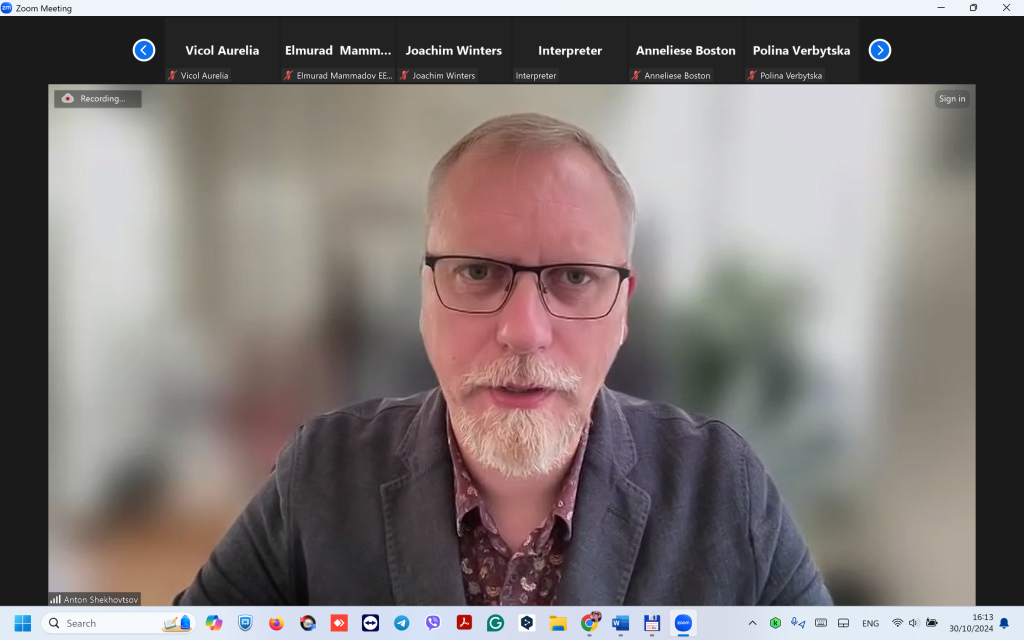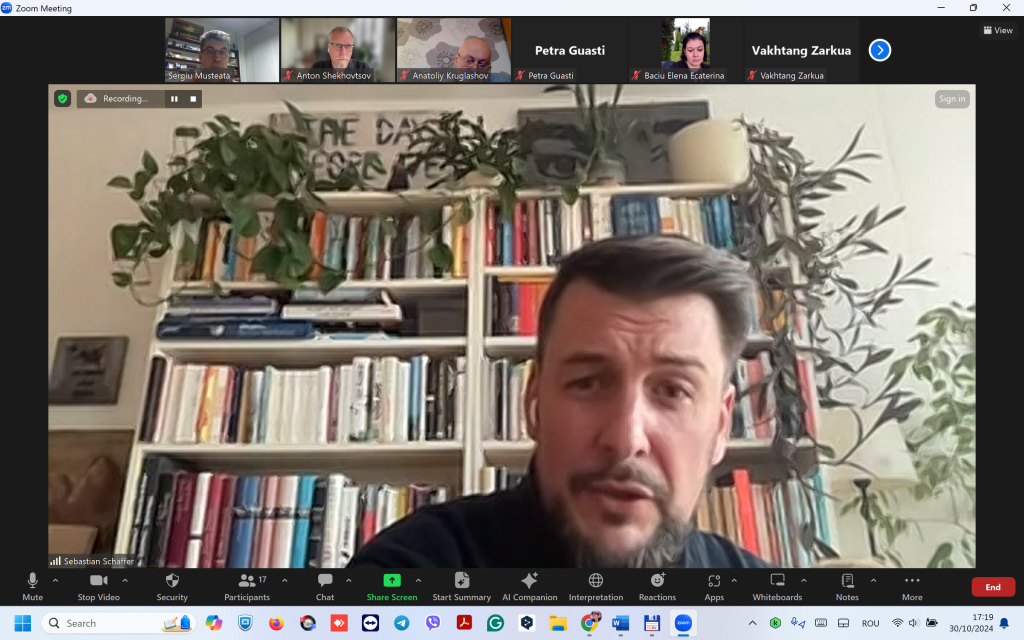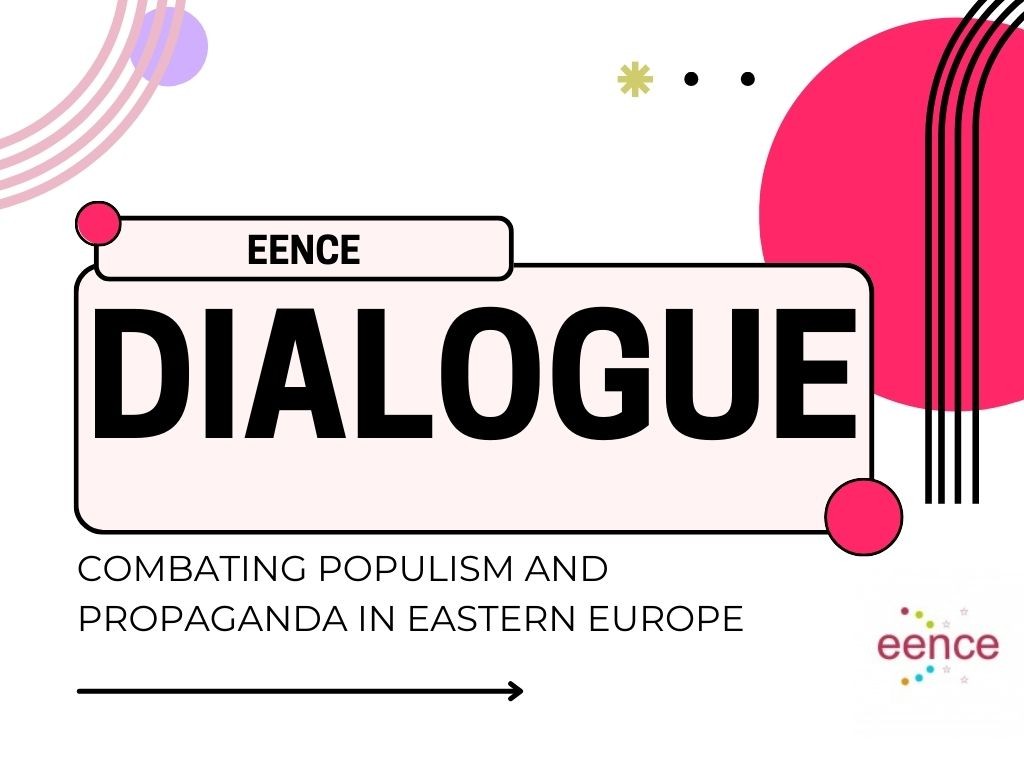Combating Populism and Propaganda in Eastern Europe
The EENCE webinar ‘Fighting Populism and Propaganda in Eastern Europe’ took place on October, 30. More than 20 participants from Armenia, Austria, Azerbaijan, Belarus, Czech Republic, Georgia, Romania, Poland and Ukraine discussed the reasons for the rise of populism and propaganda in Europe and the role of civil society in counteracting these phenomena.
Petra Guasti, Faculty of Social Sciences, Charles University in Prague, Czech Republic, did a presentation based on the comparative analysis of polarization in Central Europe, particularly examining the Visegrad Four countries—Czech Republic, Hungary, Poland, and Slovakia. She pointed out the way of increasing the populist discourse in those countries during 2019-204 and the ability of civil society to prevent and save the erosion of democracy.
Anton Shekhovtsov, Central European University, Austria, mentioned that Europe is currently facing several major crises underpinned by economic stresses, migration pressure, climate change, and geopolitical tensions resulting from the Russian aggression against Ukraine. Populism is very close to nationalism and produces multiple effects on our societies.

Anatoliy Kruglashov, „Chernivtsi Jury Fedkovych” National University, Ukraine, also pointed out that populism discourse is used by political leaders as a tool for coming to power or maintaining control. Some people are looking to such leaders as a saviour of the societies. Such discourses diminish the capacity of civil society and endanger democracy and the rule of law.
Sebastian Schäffer, Institute for the Danube Region and Central Europe (IDM), Vienna, Austria, highlighted that we do not have a positive narrative for the future rebirth of liberal democracy. That is why the populism is increasing in some countries.

Vahtang Zarkua from Georgia related „The cause of populism and propaganda is the problems in the issues of democracy, it can be said that populism and pseudo-democracy give rise to populism and propaganda in the countries. In the EU countries, they focus only on the attributes of democracy, such as freedom of speech, free and fair court, free elections, etc.”
In the final part, in the round of questions and answers, aspects regarding the use of populist speech and propaganda by church institutions were also addressed.
In conclusion, most of the participants mentioned the topicality of populism and propaganda in our countries, especially in Eastern European countries. Therefore, it is necessary to continue the debate on these topics.
EENCE Dialogue is organised by the Eastern European Association for Citizenship Education with the support of the Federal Agency for Civic Education (bpb) with funds from the German Ministry of Foreign Affairs.


